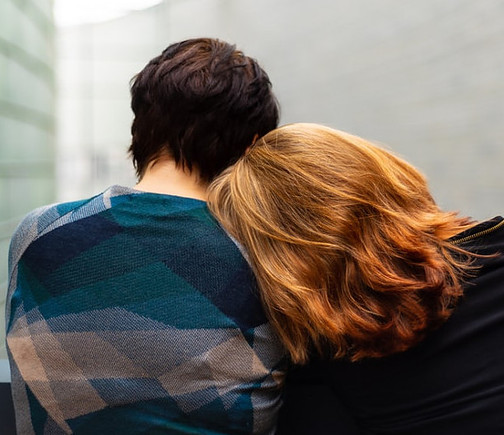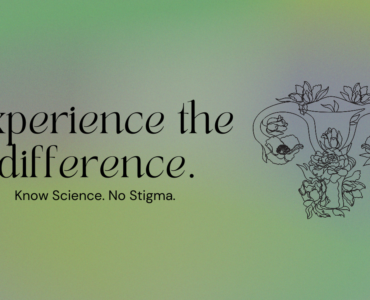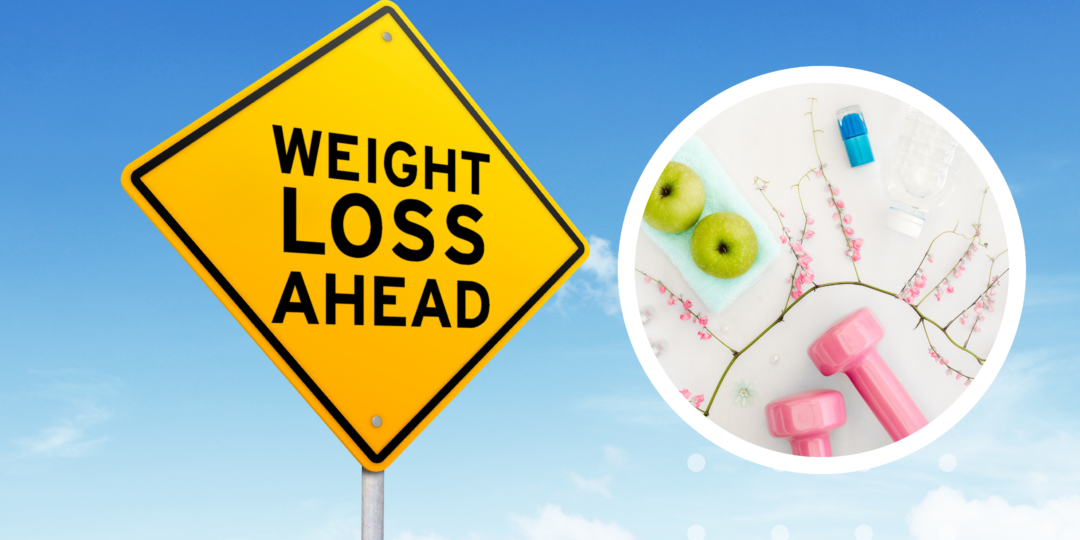 Grief: coping with the loss of a loved one
Grief: coping with the loss of a loved one
If you live long enough, you will eventually have to deal with the death of a loved one. Everything that lives eventually dies, but the fact that death is natural does not facilitate navigation. Grief is a universal consequence of loss, but it is also a very individual experience. Since everyone is likely to face this type of loss more than once in their lives, it is worth the effort to understand the grieving process and overcome it.
An article from the American Psychological Association states that most people can recover from the loss on their own over time with social support and healthy habits. It can take months or a year to accept a loss. There is no “normal” period for someone to suffer. Also, do not expect to go through phases of grief, as research suggests that most people do not go through stages as progressive steps.
Currently, the world is facing an event that represents a significant challenge for humanity. The COVID pandemic is an epidemiological crisis but also a psychological one. While the situation causes anxiety, stress, and sadness, it is also a time of collective pain.
Many people face the loss of a loved one to the new coronavirus; a challenge made even more difficult by physically distancing orders that prevent them from saying goodbye in person or meeting other people to cry. However, deaths are not the only losses people are counting on. Millions of people are facing job loss and financial turmoil because of the pandemic.
I feel this is a situation that deserves our full attention because of its impact on our lives. Therefore, here is a small contribution.

Tips to prepare to cope with the loss of a loved one.
Grieve in your way and at your own pace:
1. There are no rules. We are all unique in the way we deal with pain. Some people can move on quickly, while others languish in anguish. Some people seek the comfort of others, while others choose to be alone.
● Avoid the belief that there is a designated process you must follow.
2. Allow others to help you. Many of us like to be stoic, or we don’t want to be a hassle. But this might be a good time to accept help. Let your neighbor run an errand for you. Let your nephew mow your lawn. Focus on yourself and let others take care of life support tasks for you.
3. Experience your feelings; instead of being distracted from your emotions, experience them. Just sit down with them and explore them. Allow yourself to feel whatever it is that you are feeling. They will not disappear until you have allowed them to express themselves.
4. Be patient. Pain may take time to run its course. How long does it take? It takes as long as necessary. There is no set time for the duration of the grieving process. Everyone is different, but I hope it takes some time.
5. Avoid drugs and alcohol. It is natural to want to be distracted part of each day. But there are better ways than drugs and alcohol. You already have a significant challenge in your life. You do not need another.
● Make a list of healthy distractions that appeal to you. Exercising, cooking a healthy meal, watching your favorite movie, going for a walk, reading a book, taking a hot shower or bath, and writing are examples of healthy choices.
6. Keep your activities more enjoyable. Stay up to date with the activities you enjoy the most. This can be a positive distraction from your pain and can help keep some fun and social interaction in your life.
7. Take care of your physical needs. People often ignore their physical needs during periods of grief. These physical needs can include cleanliness, clean clothing, exercise, sleep, and food. Give your body what it needs to be healthy.
8. Stick to a schedule. Instead of lying in bed all day, set a conservative plan and stick to it. Take it easy but try to have a productive and enjoyable day.
9. Seek professional help if you need it. While some people manage to overcome pain without professional help, others do need it. It is no shame to get the help you need.
Few things are more challenging or stressful than dealing with the loss of a loved one. Everyone eventually dies, and grief is the result for everyone left behind. Coping with grief is a universal experience, but how it is experienced is very individual.
Deal with your grief in your way and on your schedule. Be willing to get help if you’re unable to deal with this challenge alone successfully.








Hello Dr. Angela,
I enjoyed your post on coping with the loss of a loved one. Several points stuck out for me: you grieve as long as it takes, let people help, and experience your feelings or the grief won’t go away. As a health care worker (memory care director in assisted living facility), I deal with grief personally, as a manager, as a caregiver, and as a friend. It’s sometimes extremely difficult to juggle. Normally I’m the person who listens and helps, so it was good for me to be reminded of self care. I want to be someone people trust and feel comfortable confiding in. But I realize I can’t be that person if I don’t see to my own needs in a healthy way. This last year has been hard on my young nurse’s aids. Covid 19 entered our building in October 2020, and we lost 6 beloved residents. And although the worst is over, I still needed to find your website. For my own benefit and for those I had stewardship over.
Thanks for your expertise and willingness to share with others.
~Tamara
Tamara, your comment touched me deeply. I can feel how much you love your profession and how much passion you put into providing your services in each of your words. I agree with you that we must start with ourselves to give our patients/clients the best. The impact of this pandemic on mental health status remains to be seen. Too many elements such as isolation, loss, and the inability to express our grief have combined to do more harm, and we have not yet reached the point where we can begin to release the pressure they have placed on our minds. We need to enlighten our souls by becoming aware and ready to stay connected to the now. I created an 8-week mindfulness training to help people prepare to deal with the post-pandemic fight. Let me know what you think?